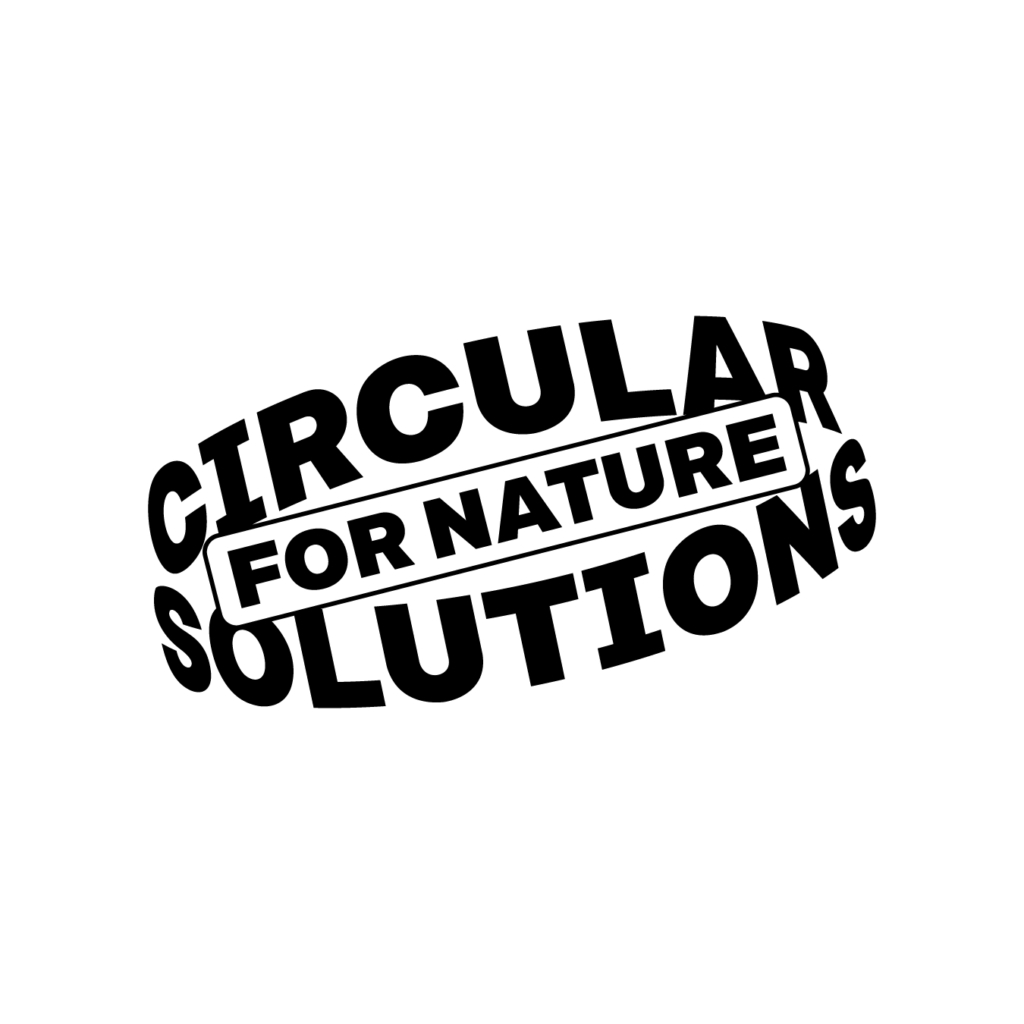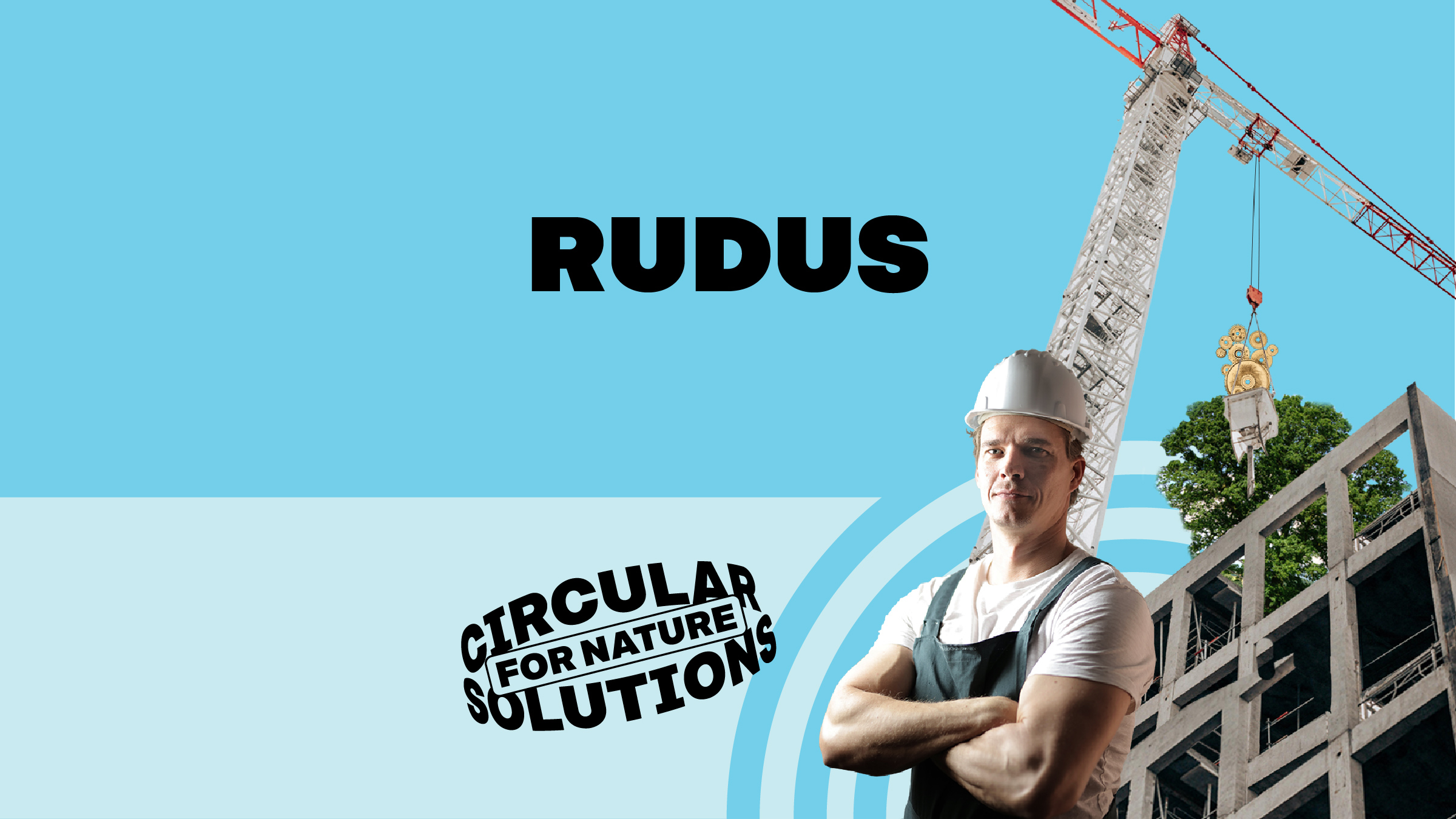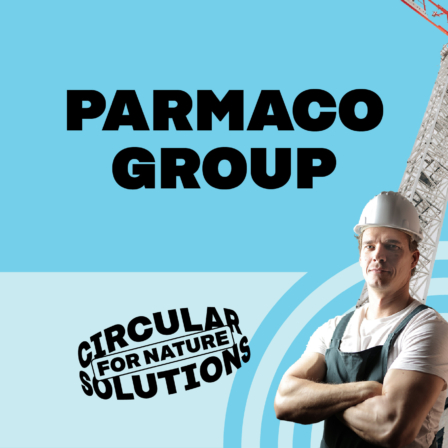Problem
The extensive extraction of aggregates can result in habitat destruction and alteration. Additionally, excessive extraction may lead to diminished water tables and replenishment of aquifers, disrupting the hydrological balance and affecting vegetation and wildlife as a result. The limited availability of durable and cost-effective alternatives is one of the reasons why aggregate extraction remains at a high level.
Solution
Rudus’s solution involves recycling nearly half a million tonnes of concrete annually, demonstrating that 100% of concrete waste can be recycled and processed. Among its products, Rudus produces CE-marked Betoroc®, a crushed concrete made from concrete waste. The majority of Betoroc’s raw material comes from demolition sites and the rest from the concrete industry and new construction.
The concrete industry relies on material inputs of which there is a finite supply. Rudus shows that if we can reuse and recycle more concrete, we can reduce supply risks and the impacts on local biodiversity.
Riku Sinervo and Tim Forslund, Sitra
Biodiversity impacts
Rudus’s transformative approach to recycled concrete represents a big shift in the construction industry, reducing the reliance on virgin aggregates and the pressure on ecosystems that are often impacted by extraction activities. By replacing traditional materials with recycled ones, Rudus can contribute to reducing land use for extraction and reducing the ecological impacts associated with raw material production, such as greenhouse gas emissions, pollution and the disturbance of local water tables.
Benefits for the company
This solution provides a cost-effective alternative to traditional aggregates, reducing raw material expenses. Rudus can also tap into emerging markets focused on sustainable construction, fostering long-term growth and resilience in the face of evolving industry trends.

































